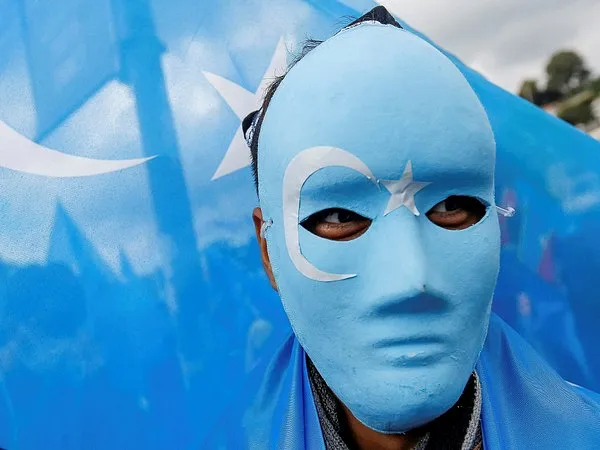The United States government should vigorously enforce a new law that aims to prevent imports linked to forced labour by Uyghurs and other persecuted groups in China, the Human Rights Watch (HRW) has said.
The Uyghur Forced Labor Prevention Act (UFLPA), which goes into effect on June 21 gives US authorities increased powers to block the import of goods linked to forced labour in China.
Since 2017, Chinese authorities have committed crimes against humanity against Uyghurs and other Turkic Muslims in the northwest Xinjiang region, detaining as many as one million people and subjecting detainees and others to forced labour inside and outside Xinjiang. The new law creates a presumption that goods made in whole or in part in Xinjiang, or produced by entities in China linked to forced labour, are not eligible to be imported into the United States.
“The new US law means it’s no longer business as usual for companies profiting from forced labour in China, and Xinjiang especially,” said Jim Wormington, senior researcher and advocate for corporate accountability at HRW. “Companies should swiftly identify any supply chain links to Xinjiang and exit the region or risk violating US law and seeing their goods detained at the US border.”
On June 13, the US Customs and Border Protection Agency issued guidance to importers on the law’s implementation. The guidance states that importers are expected to map their supply chains down to the raw material level to identify whether their products are made wholly or in part in Xinjiang or by entities linked to forced labour.
The guidance also clarifies that companies importing products from outside China should still investigate their full supply chain given the risk that goods were produced with forced labour in China before being transferred to third countries. Credible research has linked a wide range of products imported into the US to forced labour in China, and Xinjiang specifically, such as the cotton in major clothing brands and the polysilicon in solar panels.
“If customs officials identify a product as produced in whole or in part in Xinjiang or from an entity listed as linked to forced labour, the law requires importers to provide ‘clear and convincing evidence’ that goods are free from forced labour,” the HRW said.
The US government’s guidance lists the evidence that importers could rely on, including supply chain mapping indicating the factories or other facilities where the goods were produced; information on the workers at each facility, including on wage payments and recruitment practices; and audits to identify and remediate forced labour.
According to HRW, for companies sourcing from Xinjiang, however, providing “clear and convincing evidence” is a near impossible bar to clear.
The extent of Chinese government surveillance and threats to workers and auditors currently prevents companies from meaningfully evaluating the use of forced labour at factories or other facilities in Xinjiang, the rights group said.
Even elsewhere in China, the arrests of labour activists, a prohibition on independent trade unions, government surveillance, and the Chinese government’s anti-sanctions laws pose serious obstacles to identifying and remediating the risk of forced labour and other human rights abuses.
Companies with operations, suppliers, or sub-suppliers in Xinjiang should instead relocate their facilities or supply chains elsewhere, Human Rights Watch said.

